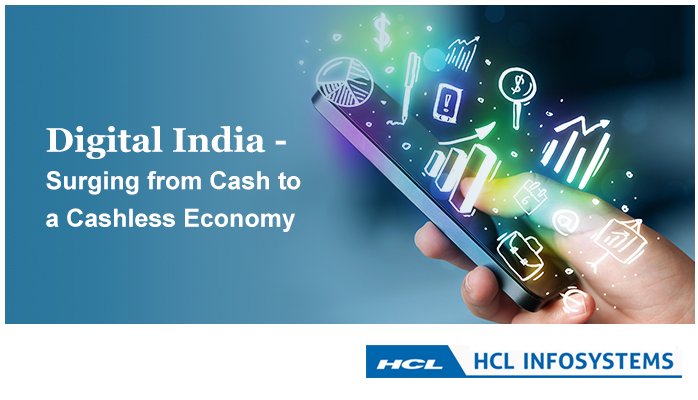
India is a diverse country with mixed economy. Its a country where 22 percent or around 300 mn people having buying capacity comparable to the residents of a developed nation like UK or USA , thus making one of the largest consumer market in the world. Also there are 28 percent or around 350 mn people living below the poverty line. Its a country where only 4 percent of the residents pay income tax and officially nos of persons earning more than Rs. 10 mn 0r USD $ 130K is around 86K. where we have more than 100 mn people with buying capacity of more than $250 mn. Obviously there a dichotomy . There are huge cash transactions and piles of cash lying with individual as parallel economy. The mobile penetration is more than 650 mn with around 250 mn smart phones.
To eliminate this corruption and to boost our economy , only a technology solution has to be implemented to effectively convert the cash economy to a cashless one.
India has successfully build the technology foundation which can be rolled out pan India in an effective manner. The concept of JAM – Jandhan, aadhaar and mobile is making it all possible.
Aadhaar , a digital bio metric identity and authentication system has already enrolled more than 1 bn residents of this country. Armed with this digital identity people can open now bank accounts which has enabled to bring 260 mn residents into the banking system under Jan dhan Yojna. Through Financial inclusion 190 mn residents primarily in rural and semi urban india can access the banking system and Business Correspondents (BC) acting as a bank or ATM. Incidentally accounts under Jandhan Yojna are also covered under various insurance schemes. Government loans and other facilities are now available to these residents and homeless , which was earlier denied due to a lack of an identity and bank accounts. 12000 rural Post Office banks are also linked thereby increasing the reach of banking system in India.
Payments and cash management system also metamorphosed in india . 9 payments banks and mobile payments system like Paytm has significantly reduced the cash transaction. With launch of Unified Payments Interface the bank and cash transaction has come into a smartphone, no credit cards required. With aadhaar authentication and eKyc you can now open your bank account and transact digitally without signing a single paper or walking into a bank.UPI has created a potential of 1 bn ATM’s across the country. Thus mobile becomes third pillar of the cashless economy. You can do cash transaction using your mobile under UPI. The cost of this transaction is much cheaper than card based transaction and can be naturally rolled at a much faster pace as smart mobile penetration is already more than 260 mn and growing at a very high pace linked to bank accounts.
This is a great leap forward towards a true corruption less digital economy. Beginning of end of carrying cash or a credit/debit card . Your identity is your phone and aadhaar.
This is unique in the world and India shows the way ….
